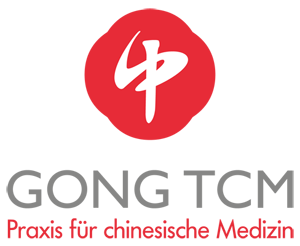About TCM
Qi
Qi is synonymous with energy, breath or atmosphere, and can literally be translated as air, gas, vapor, breath, ether, as well as temperament, power or atmosphere. It also portrays the emotions of the people. According to the modern Daoist perspective, Qi represnts the activity of the neurohormonal system.
In traditional Chinese medicine (TCM), Qi is considered to be the general life energy or the energy of the spiritual. The aim of all traditional Chinese therapy forms is to bring the Qi back to its natural and balanced state. If a person’s Qi is in this state, physical and mental health will exist. However, if the flow of Qi is disrupted over a long period of time, illness occurs.
Qi can be found in various states, ranging from “material” to “immaterial”. The Chinese distinguish between three levels or manifestations :
- Blood-‐xue
- Essence-‐Jing
- Bodily fluids-‐jinye
The goal of a doctor of Traditional Chinese Medicine is to reinforce the flow of Qi along its natural pathways or to restore it, in the event that the flow has been disturbed. To this end, the doctrine of Chinese medicine studies in depth the meridian systems and the different modes of action of the various forms of Qi. The meridian systems are related to the above mentioned manifestations of Qi (blood, essence and body fluids), which are further differentiated depending on their function and correspondence with certain organs.
The manifestations of Qi are not static, but rather in a constant process of transformation. The functioning of this process depends in turn on the intact functioning of the organs. Interestingly, the organ functions allocated by Chinese Medicine doctrine, is somewhat different to that allocated by Western medicine.
Neiqi und Waiqi 软 组织
Qi can be divided into Neiqi (inner breath) and Waiqi (outer breath). Neiqi is the energy stored in the body. It is the energy activated at birth with the ´Original Breath´, Yuanqi. With this activation, the human mind, body, saliva and semen are formed. Waiqi indicates the inhaled air.
Aside from Traditional Chinese medicine, there are several other doctrines that are based on the understanding of Qi:
- Neo Confucianism
- Qigong
- Feng Shui
- Martial Arts


